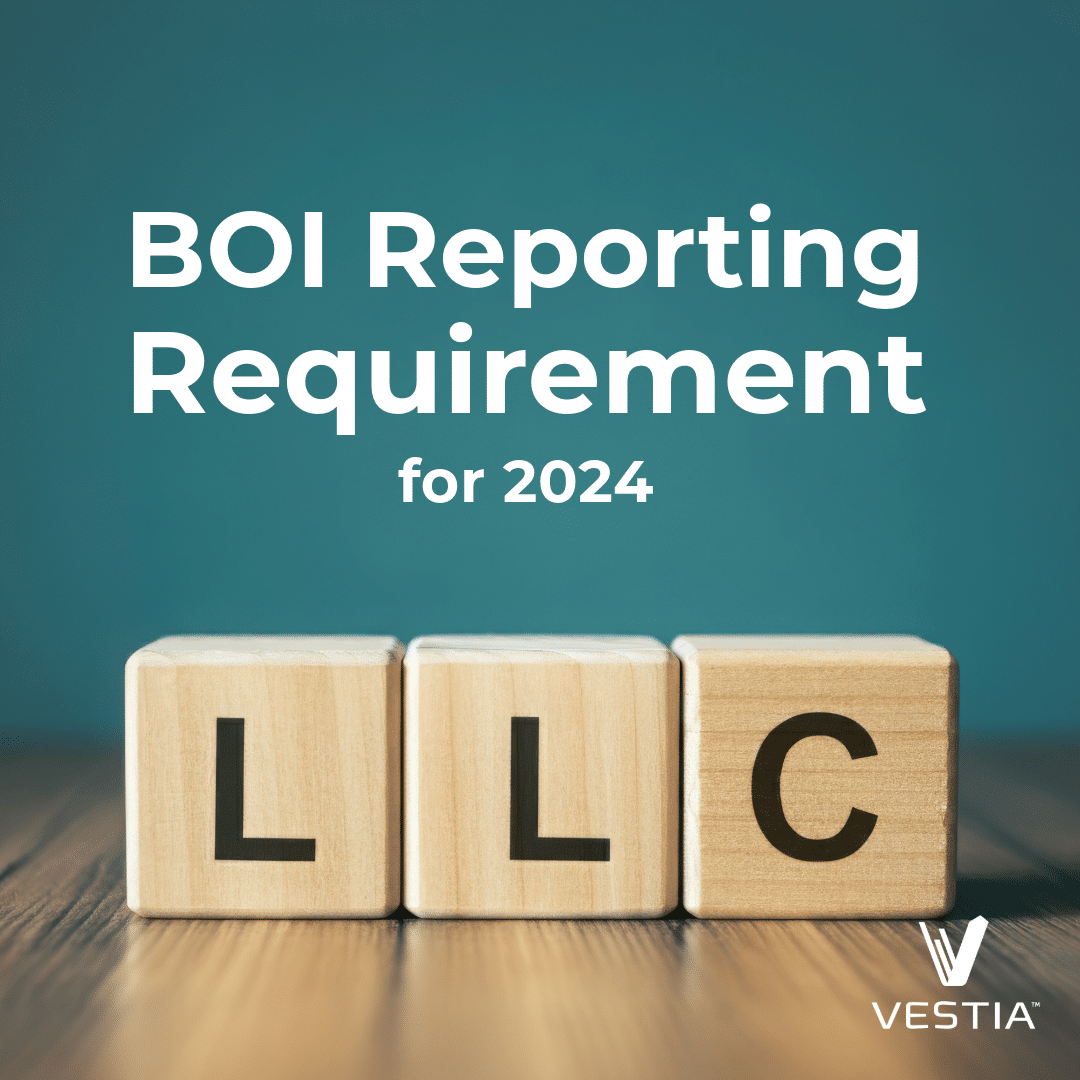Your finances are in order, right? If you hesitated at all, it may now be the time to look!
Whether you’re a seasoned pro or just starting out on your financial journey, we believe it is important to go over the basics and ensure you’re set up for success. Make 2023 your year of financial wellness with Vestia’s money checklist for doctors.
1. I Feel Confident About My Contract (Or My Negotiation Strategy)
Your most significant compensation increases tend to happen at the negotiation stage. We believe this early phase is critical, and there are some things we would like you to consider, like:
- Base pay and additional compensation: Your base pay is the most obvious negotiation point, but additional areas like performance, RVUs, bonuses, promotions, and partner tracks may all be on the table.
- Retirement plan options: Retirement planning is critical to most. As you review your contract, note whether there is a 401k, Roth, and a match (if any). You should also know if in-service rollovers and after-tax contributions are allowed.
- Group insurance offerings: This includes life, disability, and malpractice insurance. Women physicians generally have even more things to consider with disability insurance.
- Parental leave: Making a plan early may help protect you later. Parental leave may be especially important for women physicians who plan on having children. Making a plan from the get-go should protect you later on.
- Time off: We believe your time away from the hospital is just as important as your time in it. Vacation, sick time, bereavement policies, and additional PTO should be clear within the contract.
Oftentimes, the additional benefits showcase the value of a contract, not just the base pay. If you’re unhappy and need to negotiate your contract, remember that nearly everything is on the table—don’t settle!
2. I Have A Solid, Manageable Cash Flow Plan
Physicians should benefit from a strong cash flow plan. How granular or broad that cash flow plan depends on the person—their habits, tendencies, preferences, goals, resources, and more.
Remember that cash flow planning is more than just budgeting—it can also include your taxes, insurance, debt, and short and long-term goals. Our team can help you evaluate what’s coming in versus what’s going out, and if there may be ways to manage it more effectively.
People tend to cringe when they think about cash flow planning because they think it means they will have to cut out things that they love. But it’s not always about being restrictive, but rather identifying opportunities to help stretch your hard-earned dollars further.
Cash flow planning should help you account for regular expenses and use the discretionary income to live both the life you want today and the life you want to live in the future.
3. Myself and My Assets Are Fully Covered
In most cases, risk management is especially critical for doctors. For starters, we believe you want to ensure you have the proper insurance. That could mean life, disability, umbrella, personal liability, and more to ensure that your wealth is safe.
Vestia Pro Tip: Remember that if you are a specialist, you may need more comprehensive disability insurance to offer greater protection should something happen.
Don’t forget about an emergency fund. Generally you should have at least 3 to 6 months of living expenses saved in case you lose your job or fall ill.
We believe it is also essential to build an estate plan that clearly defines your wishes. This should include a will, trust, beneficiaries, medical power of attorney, financial power of attorney, guardians, trustees, and more!
At the beginning of your career, estate planning may not seem top of mind, but creating these plans could be the best way to ensure you leave the legacy you want behind.
4. I Understand And Feel In Control Of My Tax Bracket
Doctors tend to have higher earning potentials, which often means they need to be more strategic about their tax prep and planning.
Your advisor can help you create a proactive tax plan that should effectively manage your tax position long-term. They may also help you identify strategic opportunities and work with your tax professional to execute them property, like:
- Tax loss harvesting
- Strategically realizing gains and losses
- Making the most of every credit or deduction available
- Unique charitable giving opportunities
- Creatively save for your child’s college
- Investing in all three tax buckets (pre-tax, after-tax, taxable)
Taxes shouldn’t be the primary driver of every decision you make, but it’s essential to understand the tax liabilities that come with them.
5. My Income Is Healthy And Diversified*
A healthy investment portfolio ganerally starts by understanding your risk tolerance, risk capacity, time horizon, and goals. Then, you can use those answers to select intentional and diversified allocations.
Although diversification neither assures a profit nor guarantees against loss in a declining market, it may help manage risk and return. There are several ways you can diversify:
- Among asset classes: Stocks, bonds, ETFs, and index funds
- Company size: Large cap or small cap
- Industry: Oil, technology, healthcare, etc.
- Location: United States or foreign
Diversification doesn’t just exist within your portfolio; it exists outside it too.
We suggest making sure you’re investing in different arenas than just your current employer (or practice if you own it). You may want to consider investing in brokerage accounts, health savings accounts, real estate, private equity, and medical practices—the world is your oyster!
6. I Know The Value of My Time, And Optimize It By Outsourcing My Financial Life
Of course, you can handle your money on your own, but is that the best use of your time? Time is perhaps one of the most valuable assets you have, and there’s not an abundance of it so you want to use it wisely.
You want to focus on areas that add value to your life. Things like meal prepping, copious amounts of laundry, and a never-ending list of house repairs may not be worth your time.
One potential way to optimize your time is to outsource your financial life to a trusted professional. Our team strives to help you build wealth that matters so that your wealth and legacy can have a greater purpose.
Let’s check these items off your list together. Get in touch with our team today.
Disclosures:
Investment advisory services offered through Vestia Personal Wealth Advisors, Vestia Retirement Plan Consultants, and Vestia Advisors, LLC. Securities offered through Ausdal Financial Partners, Inc., 5187 Utica Ridge Rd, Davenport, IA. 52807 (563)326-2064. Member FINRA/SIPC. Vestia Personal Wealth Advisors, Vestia Retirement Plan Consultants, Vestia Advisors, LLC, and Ausdal Financial Partners, Inc. are independently owned and operated.
This material is intended for informational purposes only. It should not be construed as legal or tax advice and is not intended to replace the advice of a qualified attorney or tax advisor. This information is not an offer or a solicitation to buy or sell securities. The information contained may have been compiled from third-party sources and is believed to be reliable. All investing involves risk, including the loss of principal.
*Diversification neither assures a profit nor guarantees against loss in a declining market.



